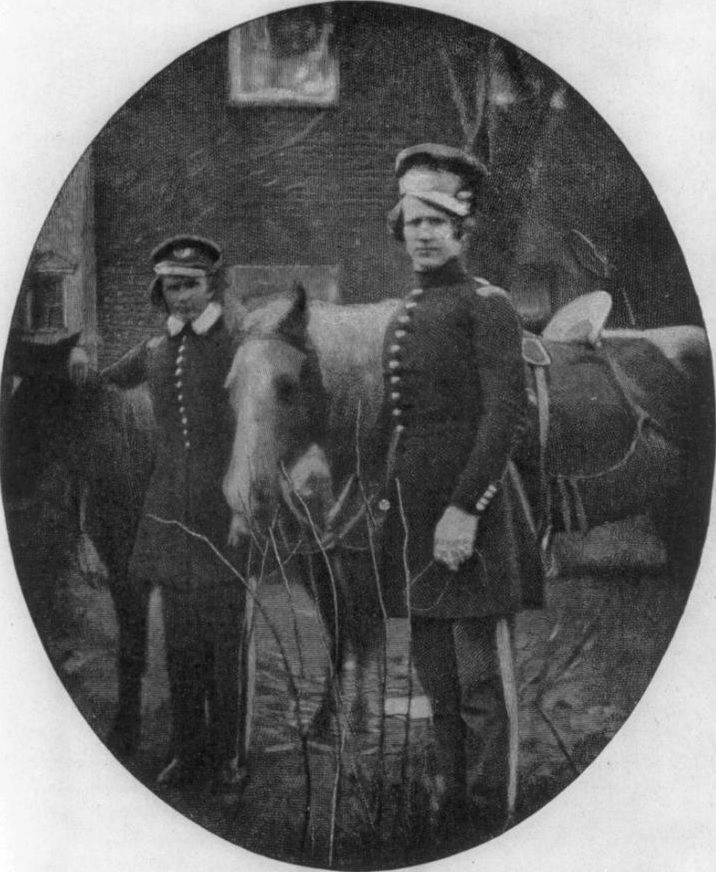
Years after it first appeared, this family portrait continues to intrigue me. More than a thousand words worth ... 

Oddly enough, the future 45th president is the least interesting part of the image.
How many of you played with toy limos as a child? More than one?
And who would name their son after the fake name they used to try to fool journalists?
How many of you played with toy limos as a child? More than one?
And who would name their son after the fake name they used to try to fool journalists?
Were the windows open? Quite a breeze there behind Melania.
Why such a distance between parents and child?
Where can you get a stuffed toy lion like that, and why would you?
Why such a distance between parents and child?
Where can you get a stuffed toy lion like that, and why would you?
Someone really should embark on a 21st century version of a pictorial history of the 45th president that would have an online component so that we can fully recapture some of the highlights of those years.
Flowing hair ... descending ramps ... use two hands to drink your water!
Flowing hair ... descending ramps ... use two hands to drink your water!
• • •
Missing some Tweet in this thread? You can try to
force a refresh





